US judge blocks Trump administration from overhauling federal elections
The lawsuit is one of several across the nation challenging Trump's March 25 executive order, which he signed after years of raising doubts about the integrity of the U.S. electoral system.
.JPG) The last voter of the polling station casts their vote, in Kalamazzoo, Michigan, U.S., November 5, 2024. / REUTERS/Carlos Osorio
The last voter of the polling station casts their vote, in Kalamazzoo, Michigan, U.S., November 5, 2024. / REUTERS/Carlos Osorio
A federal judge on June 13 blocked President Donald Trump's administration from implementing parts of his sweeping executive order overhauling federal elections, including by requiring proof of U.S. citizenship to register to vote and barring states from counting mail-in ballots received after Election Day.
U.S. District Judge Denise Casper in Boston issued a preliminary injunction at the behest of 19 Democratic-led states who had argued that the Republican president lacked the authority to mandate changes to elections and the states' voting procedures.
Also Read: Trump can keep National Guard deployed to Los Angeles for now, appeals court rules
The lawsuit is one of several across the nation challenging Trump's March 25 executive order, which he signed after years of raising doubts about the integrity of the U.S. electoral system and falsely claiming that his 2020 loss to Democratic former President Joe Biden resulted from widespread voter fraud.
While parts of Trump's order had already been blocked in April by a judge in Washington, Casper's ruling went further as she concluded the states had established key pieces of the president's order were likely unlawful and unconstitutional.
"The Constitution does not grant the president any specific powers over elections," Casper, an appointee of Democratic President Barack Obama, wrote.
She said "the text of the Election Day statutes require only that all votes are cast by Election Day, not that they are received by that date."
As a result, nothing bars 13 of the suing states that accept mail-in ballots postmarked by Election Day from counting them, the judge wrote, as she blocked the U.S. Department of Justice from pursuing civil or criminal enforcement actions against any states that do not comply with Trump's order.
Casper also faulted provisions of Trump's order tasking the U.S. Election Assistance Commission with updating the federal voter registration form to require people to submit documentary proof they are U.S. citizens.
She said no one disputes that U.S. citizenship is required to vote in federal elections, but "the authority for election requirements is in the hands of Congress," which has never required documentary proof of citizenship.
White House spokesperson Harrison Fields in a statement said Trump "will keep fighting for election integrity, despite Democrat objections that reveal their disdain for commonsense safeguards like verifying citizenship."
"Free and fair elections are the bedrock of our constitutional republic, and we’re confident in securing an ultimate victory in the courtroom," Fields said.
In announcing the executive order, Trump said it was needed to "straighten out our elections." He and his Republican allies have made baseless claims about widespread voting by non-citizens, which rarely occurs.
California Attorney General Rob Bonta, who co-led the litigation, in a statement said Casper's ruling barred Trump's "unconstitutional attempt to interfere with states' fundamental responsibilities to manage and administer our elections."
ADVERTISEMENT
ADVERTISEMENT
E Paper
Video




 Reuters
Reuters

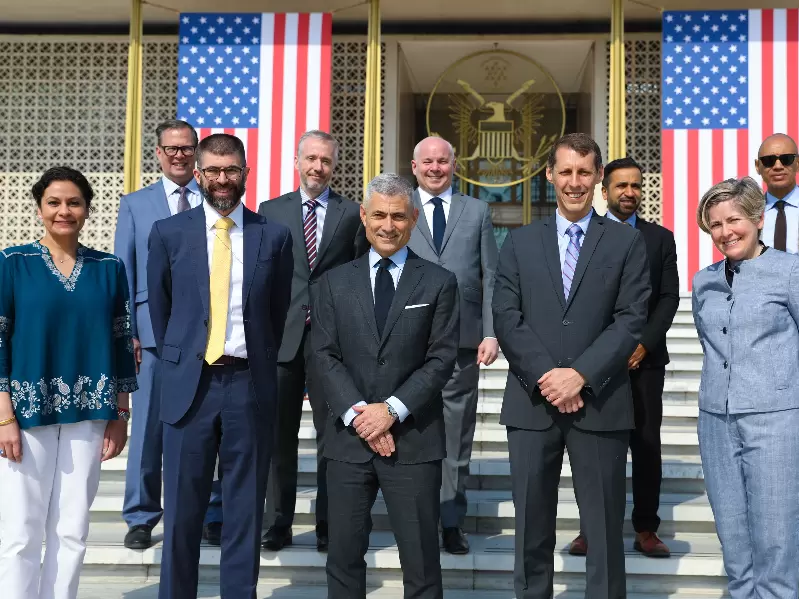
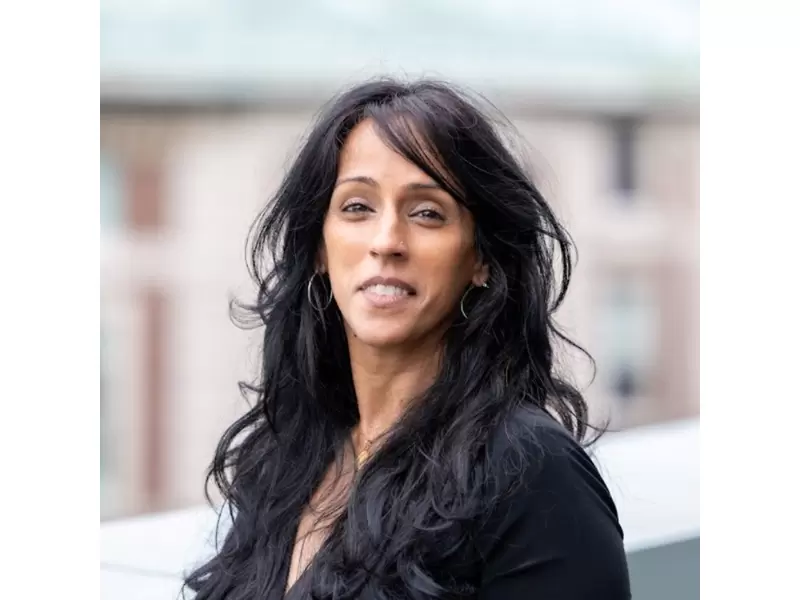

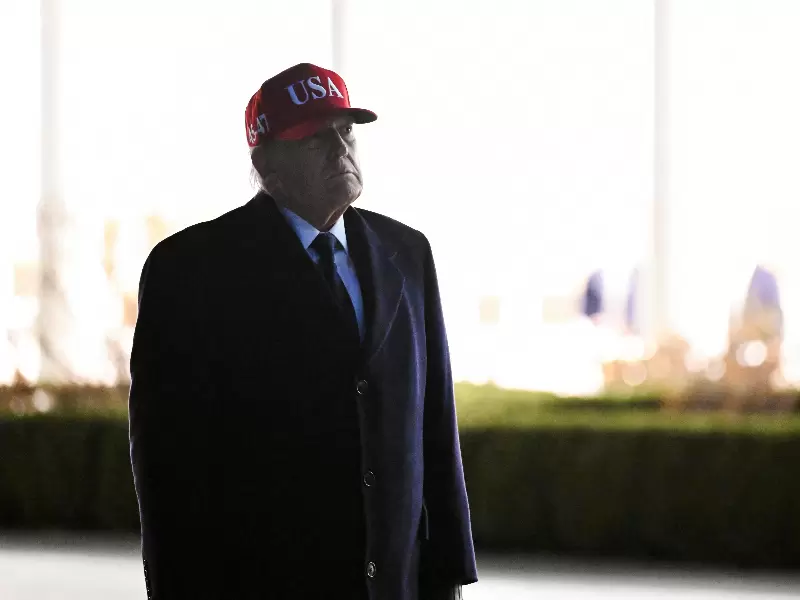
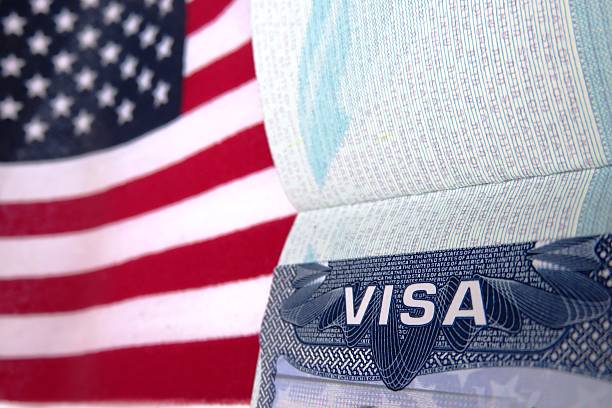
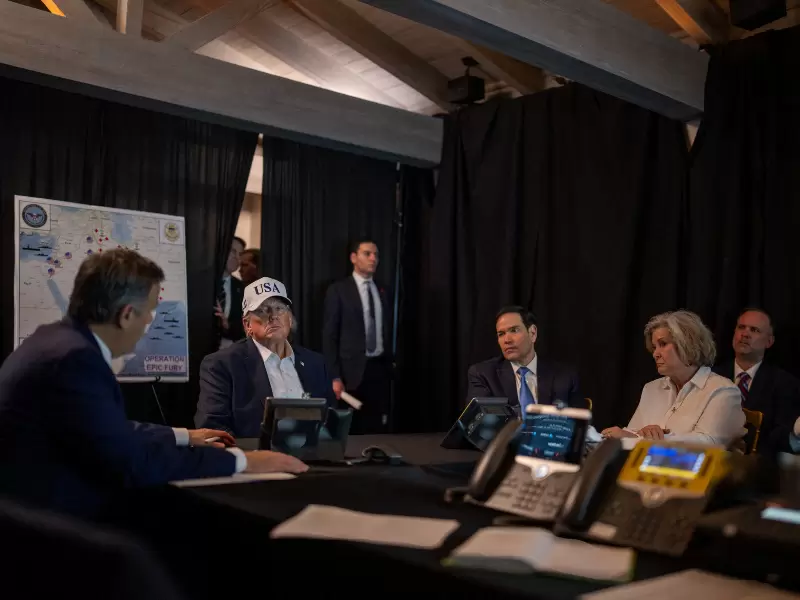

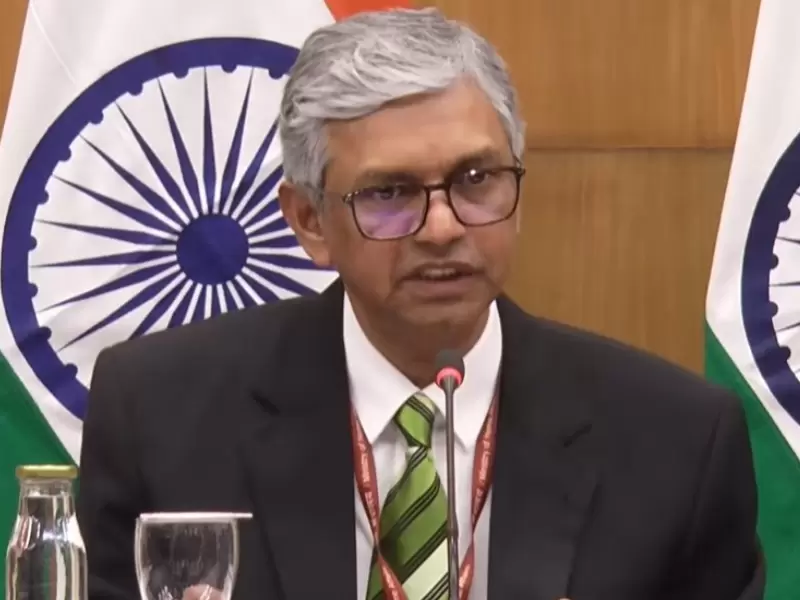
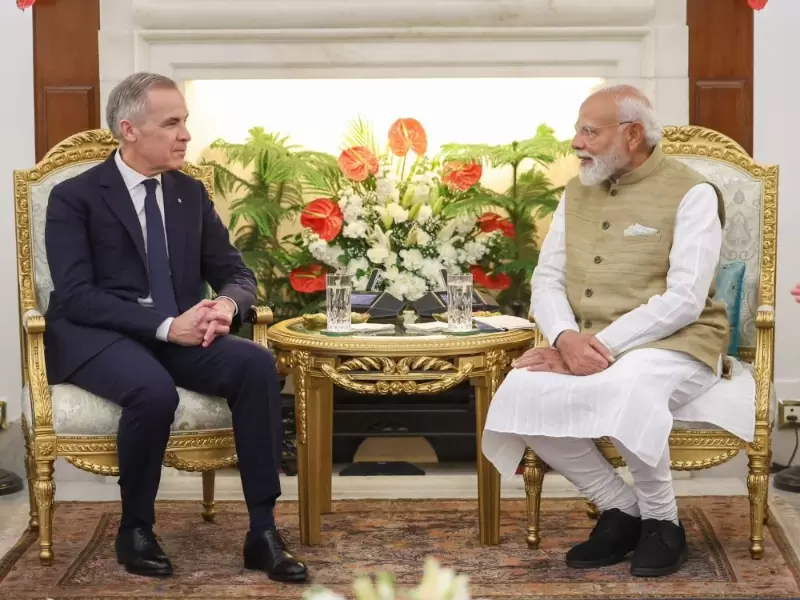
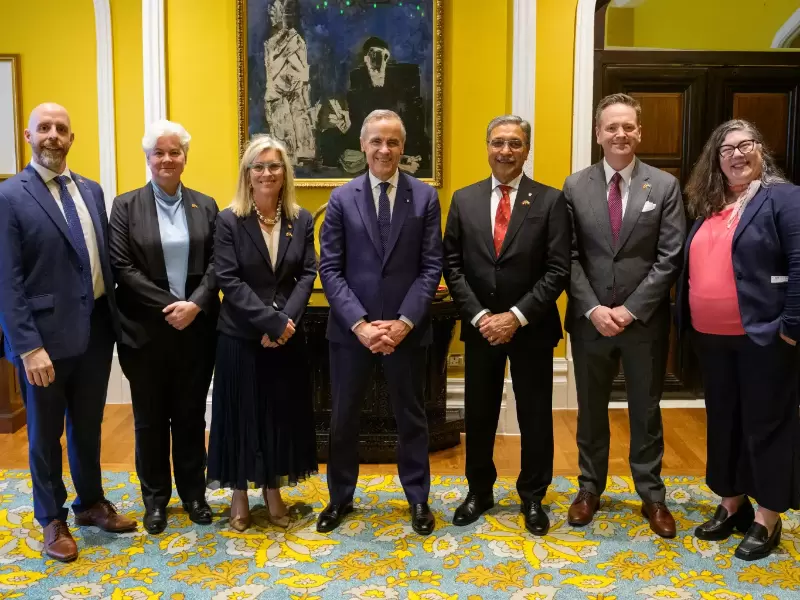


Comments
Start the conversation
Become a member of New India Abroad to start commenting.
Sign Up Now
Already have an account? Login